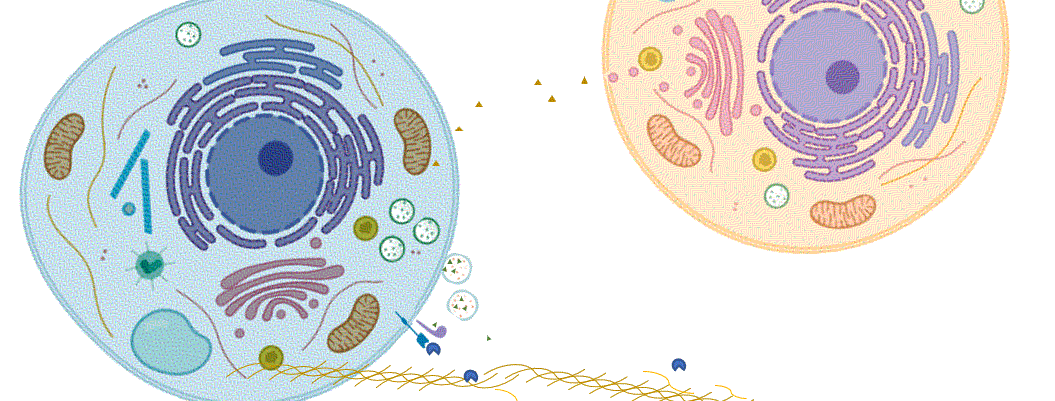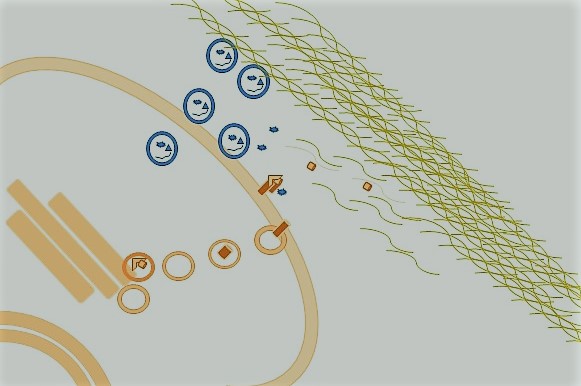Yeast Study Links Arsenic to Diabetes through Glucose Transporters
Yeast are a genetically tractable model system to study various aspects of cellular physiology or toxicology. In the study by Jochem and colleagues, the researchers investigated a potential mechanism for a connection between arsenic exposure and type 2 diabetes by analyzing the effects of arsenic exposure in yeast. This study is a follow up to … Read more





